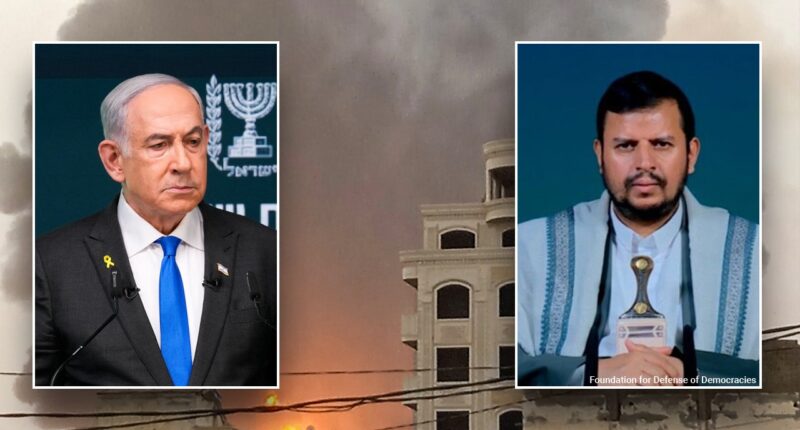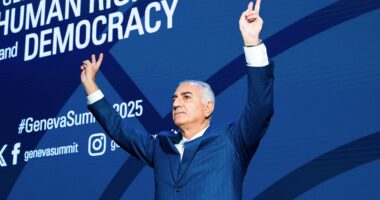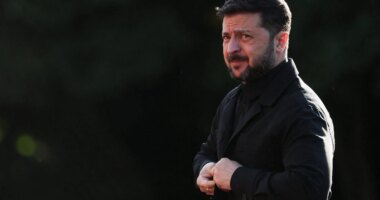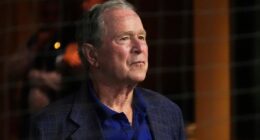
Israeli Air Force jets depart for strikes in Yemen. (IDF)
Halevy emphasized the importance of responding appropriately to all forms of terrorist activities, stating that the Houthis have already suffered losses. He also warned that if the provocations continue, further actions may be necessary.
Back in March 2015, a coalition led by Saudi Arabia intervened militarily against the Houthis following a request from then-Yemeni President Abdrabbuh Mansur Hadi. Hadi had been removed from power in Sana’a the previous September. Despite these efforts, the civil war in Yemen is at a standstill, with the internationally recognized government operating from Aden in the south since February 2015, under the leadership of the Presidential Leadership Council since 2022.
A source close to the Yemeni government suggested to Israel’s Kan public broadcaster that Jerusalem should consider carrying out targeted assassinations of Houthi leaders. Additionally, reports from the Saudi outlet Al-Arabiya indicated that several high-ranking Houthi officials had left Sana’a due to fears of being assassinated.
“We need to understand more deeply what it is that would cripple the Houthis’ ability to operate,” former Israeli national security adviser Eyal Hulata told Fox News Digital. “For this, we need more intelligence, more assessments and coordination between the different parties.”
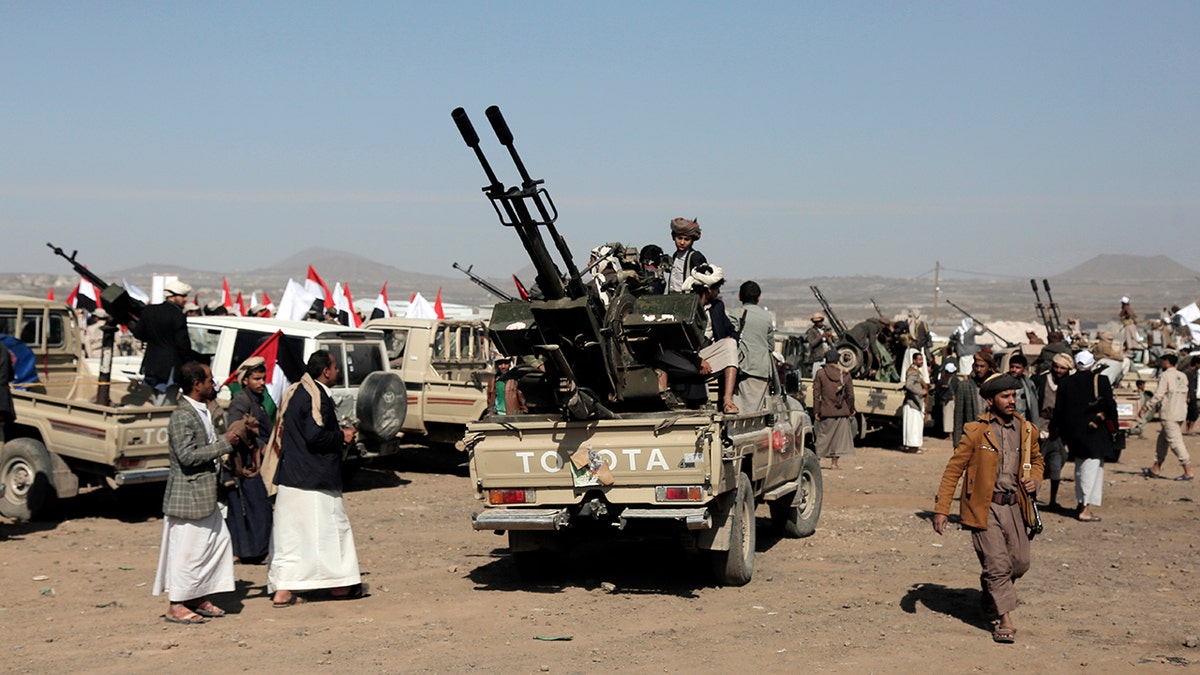
Houthi fighters man heavy machine guns mounted on vehicles at a rally in support of Palestinians in the Gaza Strip. (Mohammed Hamoud/Getty Images)
The big question, Hulata posited, is whether the Houthis will continue to pose a threat if Israel and Hamas agree to a cease-fire.
“If they become a major enemy, Israel will need to address this by directing resources it was hoping to avoid – and maybe is still hoping to,” he said.
On Sunday, Prime Minister Benjamin Netanyahu urged Israelis to be “patient” while intimating Jerusalem was preparing to up the intensity of its campaign against the Houthis.
“We will take forceful, determined and sophisticated action. Even if it takes time, the result will be the same,” he vowed. “Just as we have acted forcefully against the terror arms of Iran’s axis of evil, so too will we act against the Houthis.”
